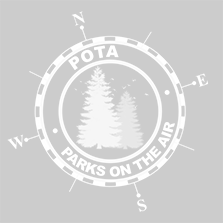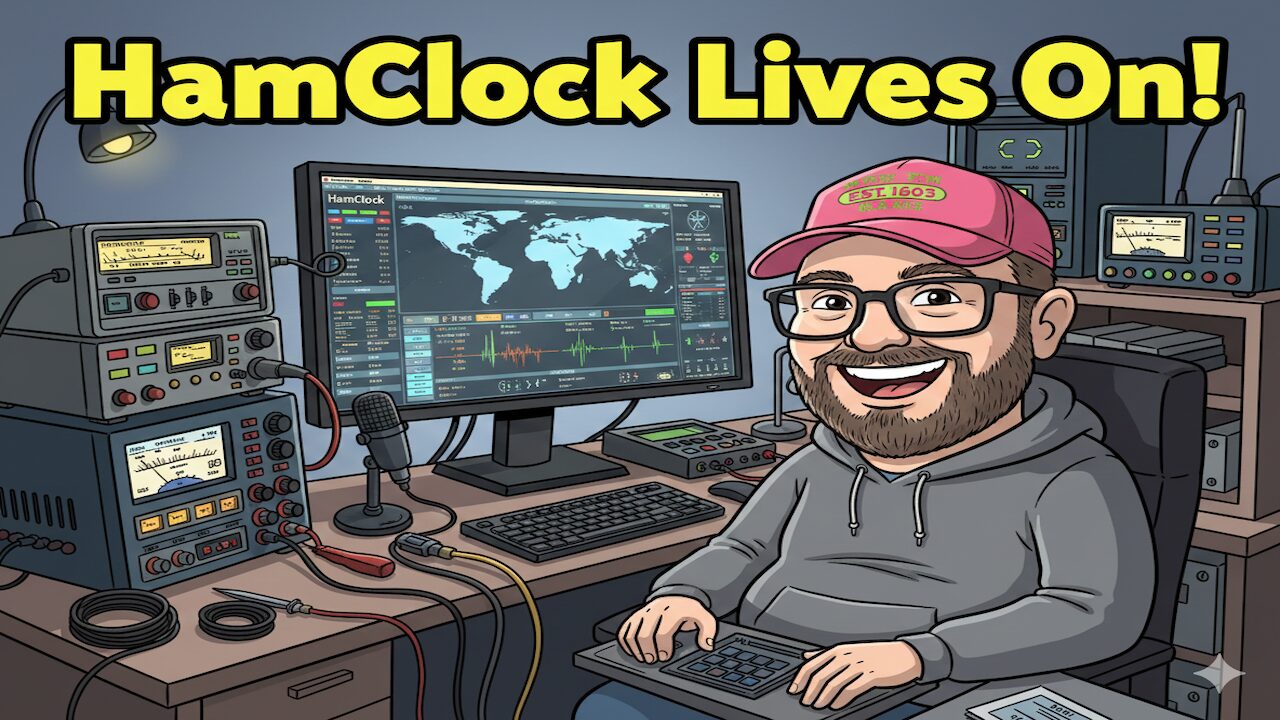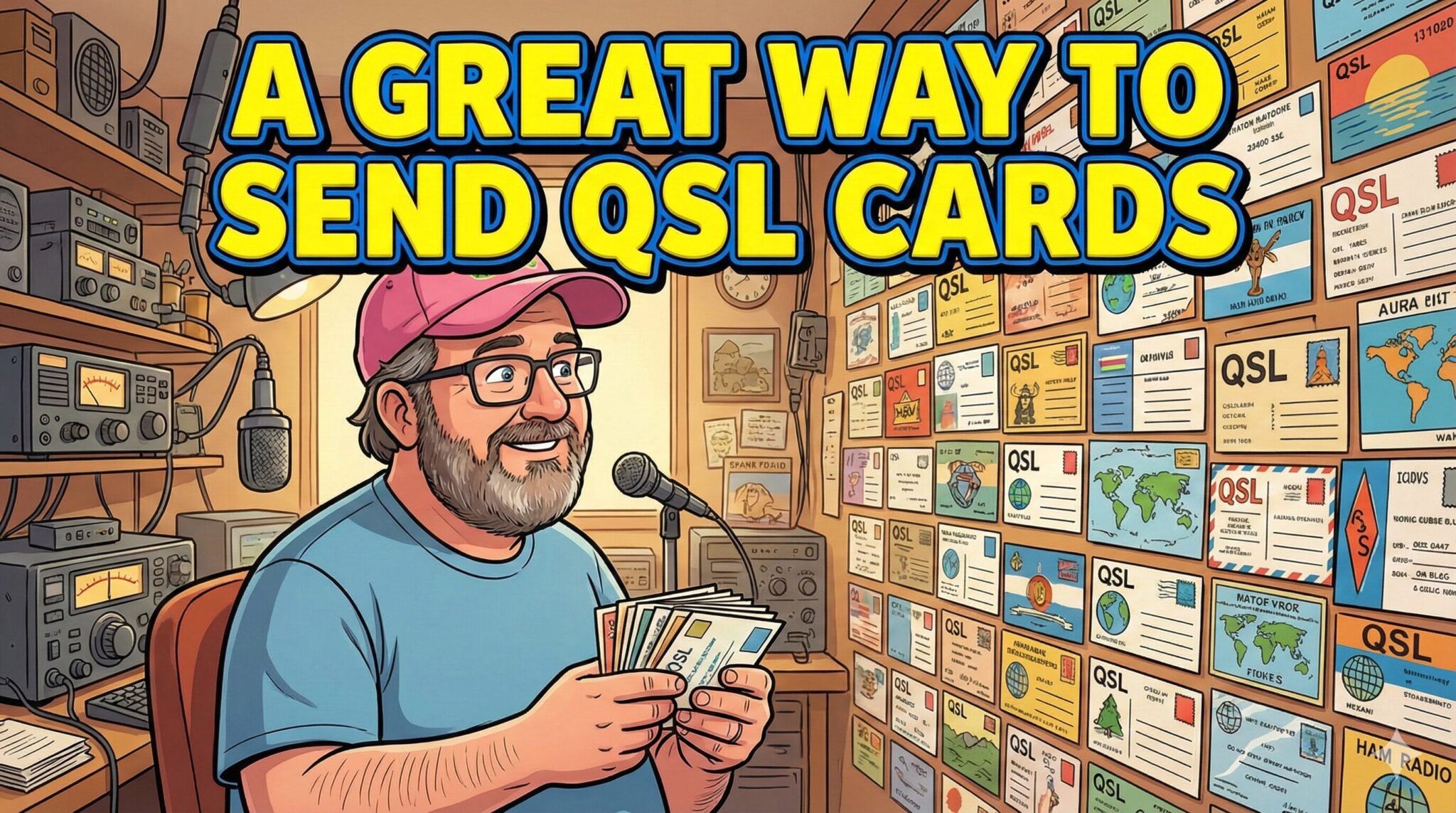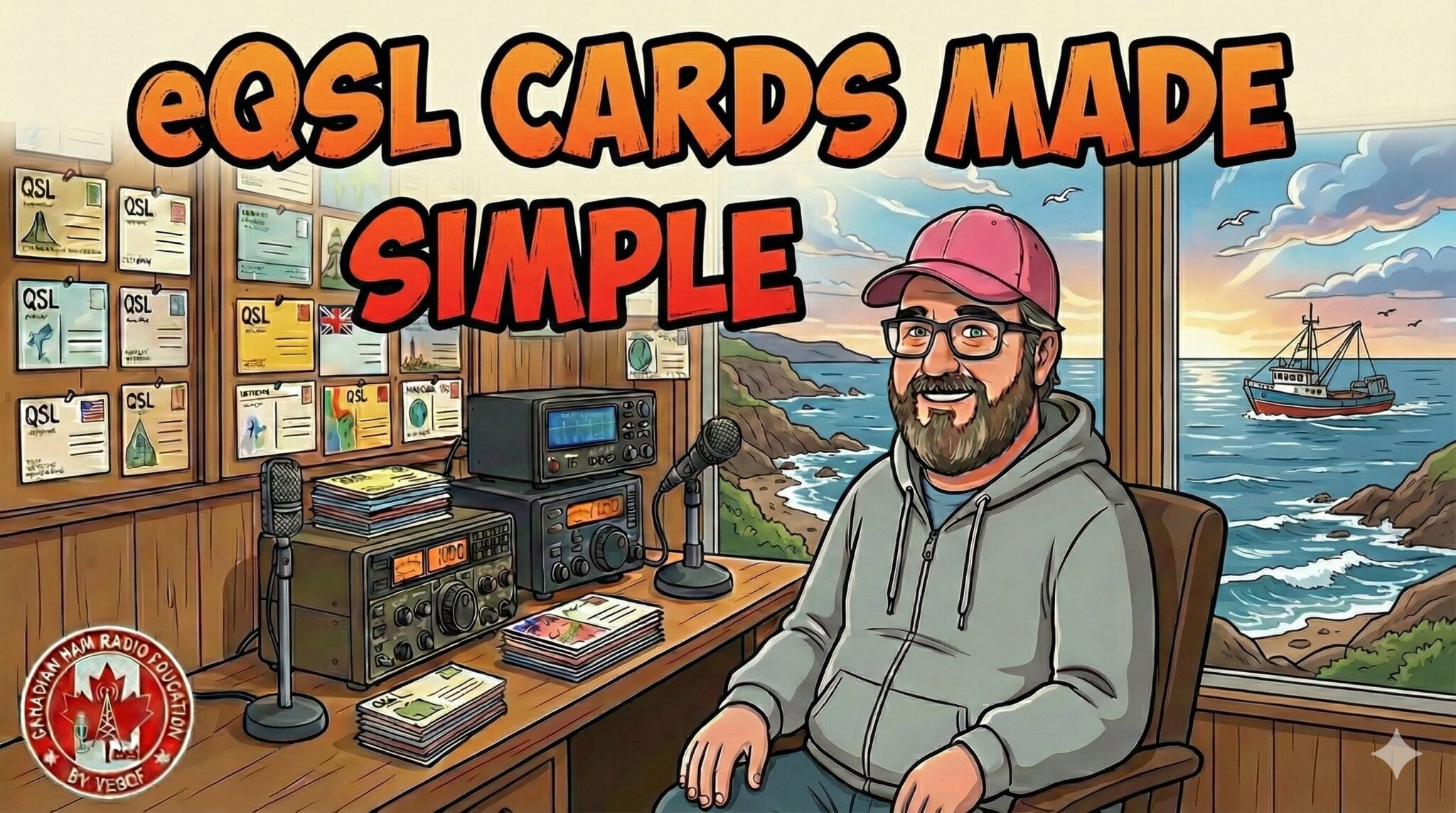The Mystery of "72" in Ham Radio: What QRP Operators Really Mean
If you've spent any time on the amateur radio bands, you've probably heard operators sign off with the familiar "73"—ham radio's traditional way of saying "best regards." But what happens when you hear someone say "72" instead? If you're like most hams, you might find yourself scratching your head and wondering what you missed.
The QRP Connection
The number "72" isn't a typo or mistake—it's a deliberate choice made by QRP operators, those dedicated amateur radio enthusiasts who embrace the challenge of making contacts with very low power, typically 5 watts or less. Think of it as the QRP community's special version of "73."
The reasoning behind using 72 is both clever and logical: since QRP operators use less power than standard operations, they use a number that's less than 73. It's a perfect example of ham radio humour and ingenuity rolled into one simple gesture.
A Brief History
While "72" doesn't have the deep historical roots of some amateur radio traditions, it's been a recognized part of QRP culture since at least the early 1990s. The QRP community has long embraced this custom as a way to identify fellow low-power enthusiasts and show pride in their operating style.
Unlike the official Q-codes that have formal definitions, "72" emerged organically from the QRP community itself—making it a true grassroots ham radio tradition.
More Than Just Numbers
When a QRP operator signs off with "72," they're doing more than just saying goodbye. They're:
- Identifying themselves as part of the QRP community
- Showing pride in their low-power achievements
- Creating camaraderie with fellow QRP enthusiasts
- Celebrating the challenge of making contacts with minimal power
It's similar to how contest operators have their own unique procedures and terminology—each aspect of amateur radio develops its own culture and customs.
Understanding the QRP Philosophy
QRP operating represents one of the most challenging and rewarding aspects of amateur radio. When someone successfully makes a contact using just 5 watts or less, especially over long distances, it's a genuine accomplishment that deserves recognition.
The use of "72" serves as a subtle way to acknowledge this achievement. According to amateur radio education resources, it's become a badge of honour within the QRP community.
What to Do When You Hear "72"
If you're on the receiving end of a "72" sign-off, here's what you should know:
- Recognize the achievement - You've just worked a QRP station
- Respond appropriately - You can reply with "72" if you're also QRP, or stick with "73"
- Show appreciation - A simple "nice QRP signal" acknowledgment is always appreciated
- Learn from it - Consider exploring QRP operating yourself
The Broader Context
The "72" tradition fits perfectly into amateur radio's rich tapestry of codes, customs, and culture. Just as we have specific procedures for different types of operations, the QRP community has developed its own unique practices that reflect its values and challenges.
Whether you're interested in emergency communications, DXing, or experimenting with digital modes, understanding these community-specific customs helps you become a more well-rounded amateur radio operator.
Give QRP a Try
If hearing "72" has piqued your interest in QRP operating, you don't need special equipment to get started. Most modern transceivers can be set to 5 watts or less, and many QRP-specific radios are available for those who want to embrace the low-power lifestyle fully.
The QRP community is renowned for its welcoming and supportive nature towards newcomers, so don't hesitate to join in and give it a try.
Conclusion
The next time you hear someone sign off with "72" instead of "73," you'll know you've just had a QSO with a QRP operator who's probably quite proud of making that contact with minimal power. It's these little traditions and customs that make amateur radio such a rich and diverse hobby.
So whether you stick with the traditional "73" or decide to join the QRP ranks with "72," remember that both represent the same spirit of friendship and experimentation that makes amateur radio special.

